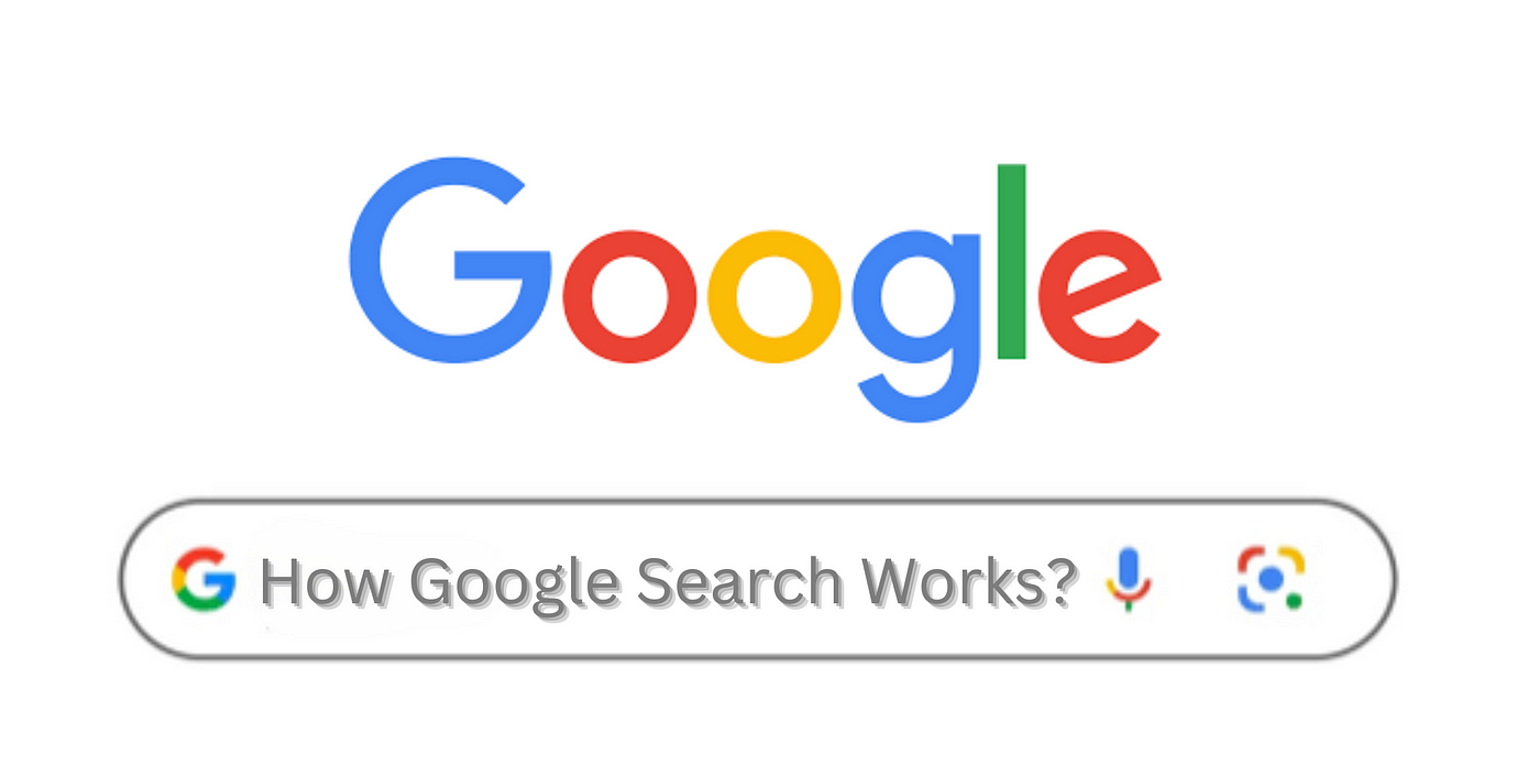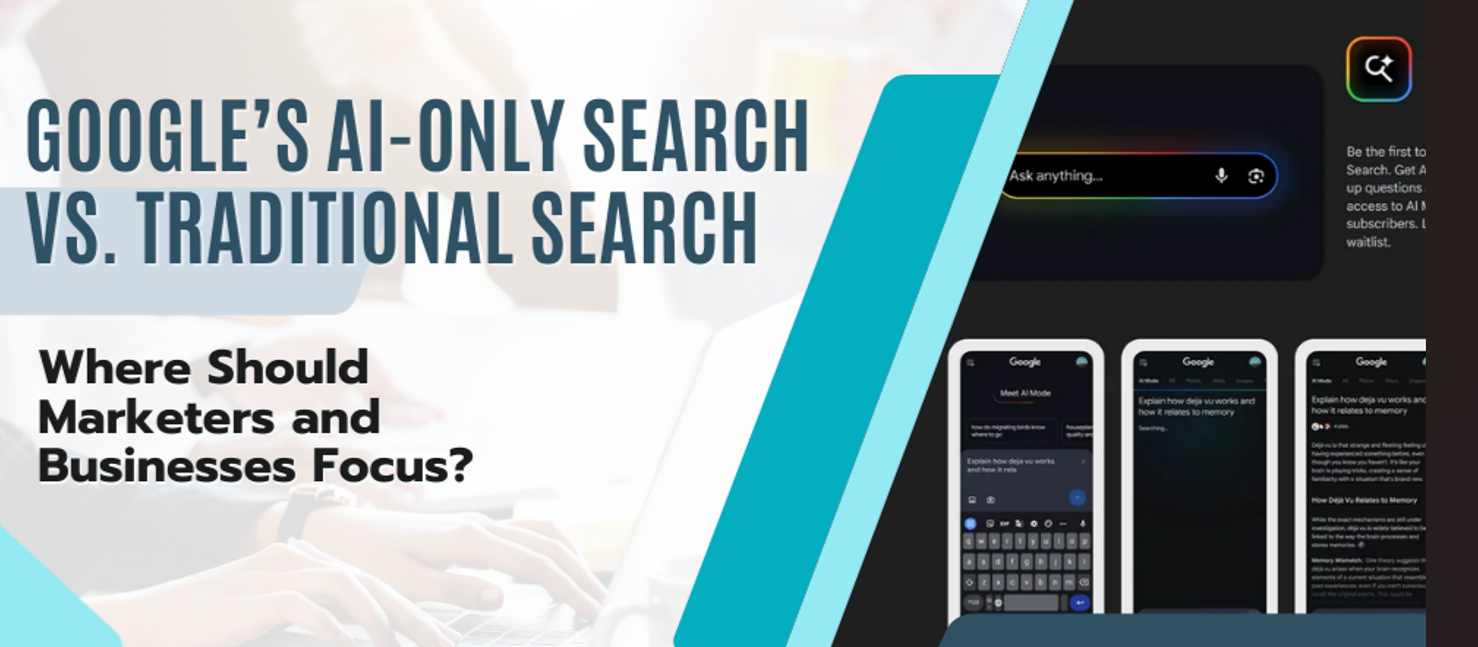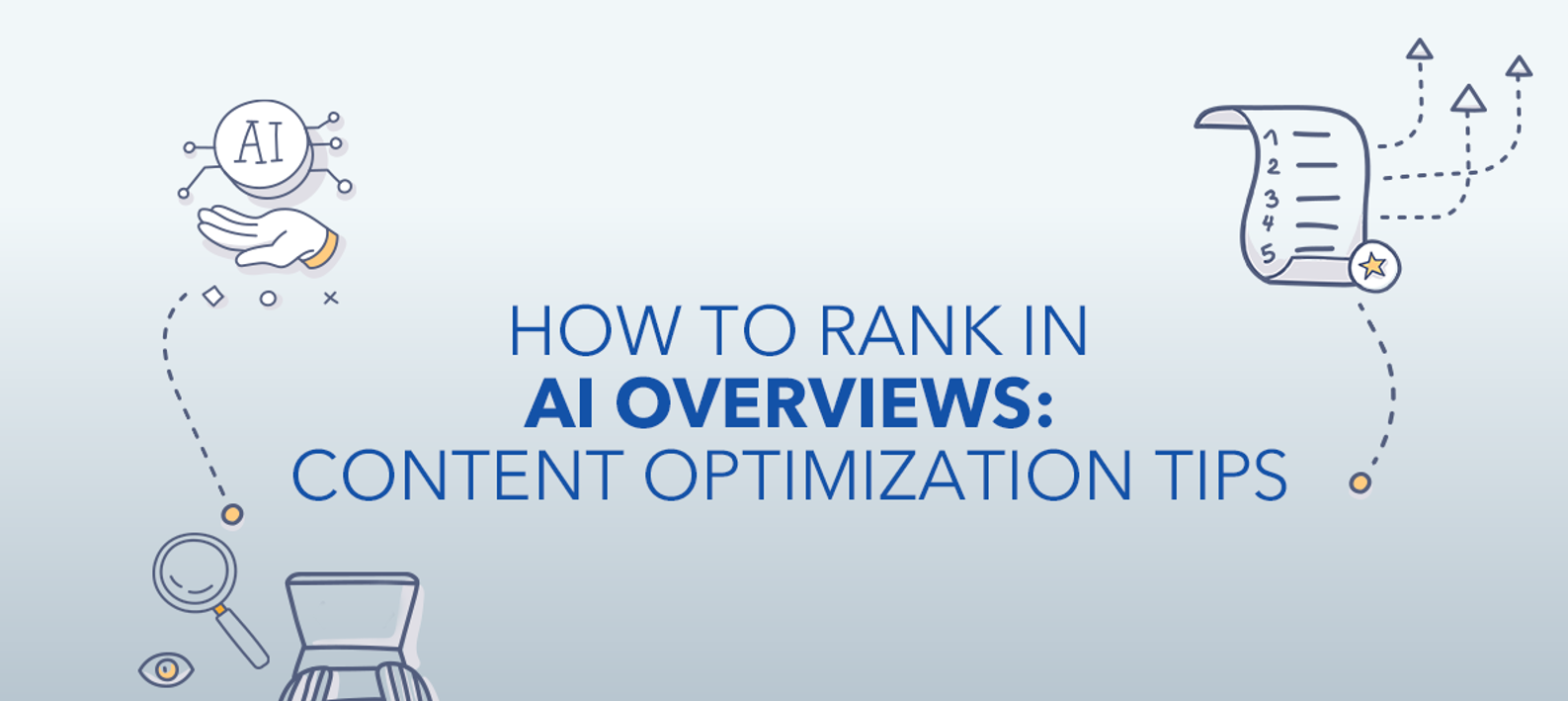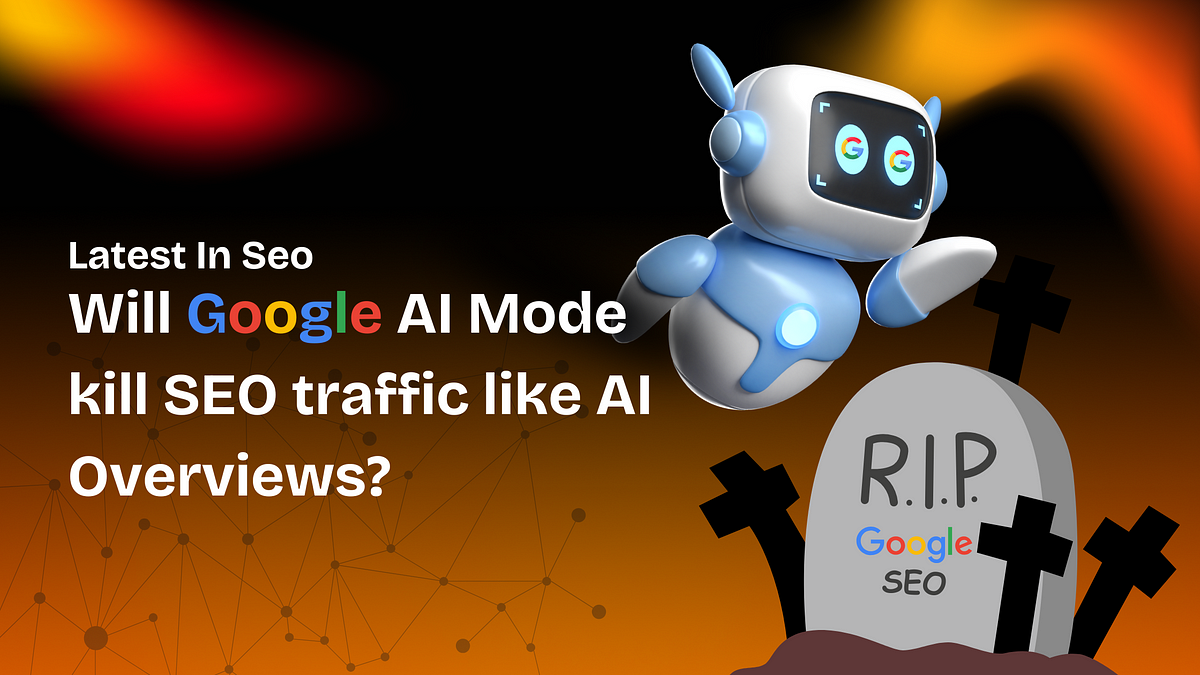In today's digital world, it's impossible to ignore the role Google plays in how people find information. Whether you're looking for a nearby coffee shop, the latest news, or a trusted SEO service, start with a Google search. But have you ever wondered how Google search works these days? Let's break it down so it's easy to understand — no complicated tech talk, just simple explanations you can use.
Why Understanding Google Search Matters
Knowing how Google search works isn't just interesting — it's essential if you want your business to show up when people are searching online. That's why modern companies rely on innovative SEO services, performance marketing, and even PPC services to stand out. But to make these strategies work, you first need to understand what happens behind the scenes.
What Happens When You Type in a Search
Every time you type a question or phrase into Google, a lot happens in just a fraction of a second. Here's a simple look at what's going on:
- Crawling: Google uses computer programs called crawlers or spiders. These crawlers browse billions of web pages every day. They follow links from one page to another, collecting information about new or updated content.
- Indexing: After crawling, Google stores the valuable information it finds in a giant database called an index. Think of the index as a massive library filled with everything Google knows about websites.
- Ranking: When you search for something, Google sorts through this index and ranks the pages. The goal is to show you the most valuable and relevant results first.
This all happens instantly, thanks to advanced algorithms and artificial intelligence.
How Google Decides What to Show You
Google's ranking process is more advanced than ever. In the early days, it was mostly about matching keywords. Now, it's about truly understanding what you want and giving you the best answers. Here are some factors Google considers:
1. Relevance
First and foremost, Google looks for pages that match what you're searching for. It checks if the words you used appear on the page and whether the page answers your question.
2. Quality of Content
Content quality is a big deal. Google wants to show trustworthy, well-written information. Original content, proper sources, and clear explanations help your pages rank higher in search engine results.
3. User Experience
User experience has become even more critical in recent years. If a website loads quickly, looks good on mobile devices, and is easy to navigate, Google considers it a good result. If people stay on your page longer, that's a positive signal too.
4. Backlinks
When other trustworthy websites link back to your page, it's like a vote of confidence. Google pays attention to these backlinks. The more reputable sites link to you, the more reliable Google thinks you are.
5. Location and Personalisation
Google personalises search results. Where you're, the device you're using, and what you've searched for in the past all affect what you see. This is why local businesses rely heavily on local SEO to appear for searches like "best bakery near me."
How Google's AI Makes Search Smarter
One factor that significantly influences Google search is artificial intelligence (AI). In the past, search engines focused only on matching keywords. Today, Google's AI can understand natural language and context. This means Google knows when you type "apple" if you're looking for the fruit, the tech company, or even a nearby store.
Voice search has also become popular. People now talk to their phones or home assistants, asking full questions instead of short keywords. This means businesses need to write content that sounds natural and answers fundamental questions.
Why It Matters for Your Business
Understanding how Google works helps you see why SEO services are so valuable. A smart SEO strategy makes sure your website is crawlable, well-indexed, and ranked for the right keywords.
When you combine SEO with performance marketing, brand positioning, and PPC services, you cover all the bases:
- Performance marketing enables you to achieve quick results through targeted paid ads.
- Brand positioning builds Trust and authority, making you the obvious choice in your industry.
- PPC services put you at the top of search results instantly while your SEO builds steady, long-term traffic.
Simple Tips to Make Google Work for You
You don't need to be a tech expert to make Google search work for your business. Here are some straightforward steps:
1. Focus on High-Quality Content
Write helpful, clear, and original content. Answer your audience's fundamental questions. Update outdated information to keep it relevant.
2. Improve User Experience
Make your website easy to use. It should load quickly, look good on mobile devices, and be easy to navigate.
3. Use Relevant Keywords
Consider what your customers would type when searching for your services. Use those words naturally throughout your website.
4. Build Trust
Get quality backlinks from reputable websites. Encourage satisfied customers to leave good reviews. The more trust signals you have, the better.
5. Keep Learning and Adapting
Google's algorithms are constantly changing. Stay updated with the latest trends and collaborate with trusted SEO services to keep your strategy current.
It's a complex system, but it all comes down to helping people find what they need quickly and easily. For businesses, this means prioritising the customer.
Combining strong SEO services with performance marketing, brand positioning, and PPC services ensures your business stays visible in a crowded online space.
Ultimately, Google's goal is straightforward: to deliver the best results for every search. If your website focuses on giving people exactly what they're looking for — clearly, honestly, and efficiently — you're already on the right track.



